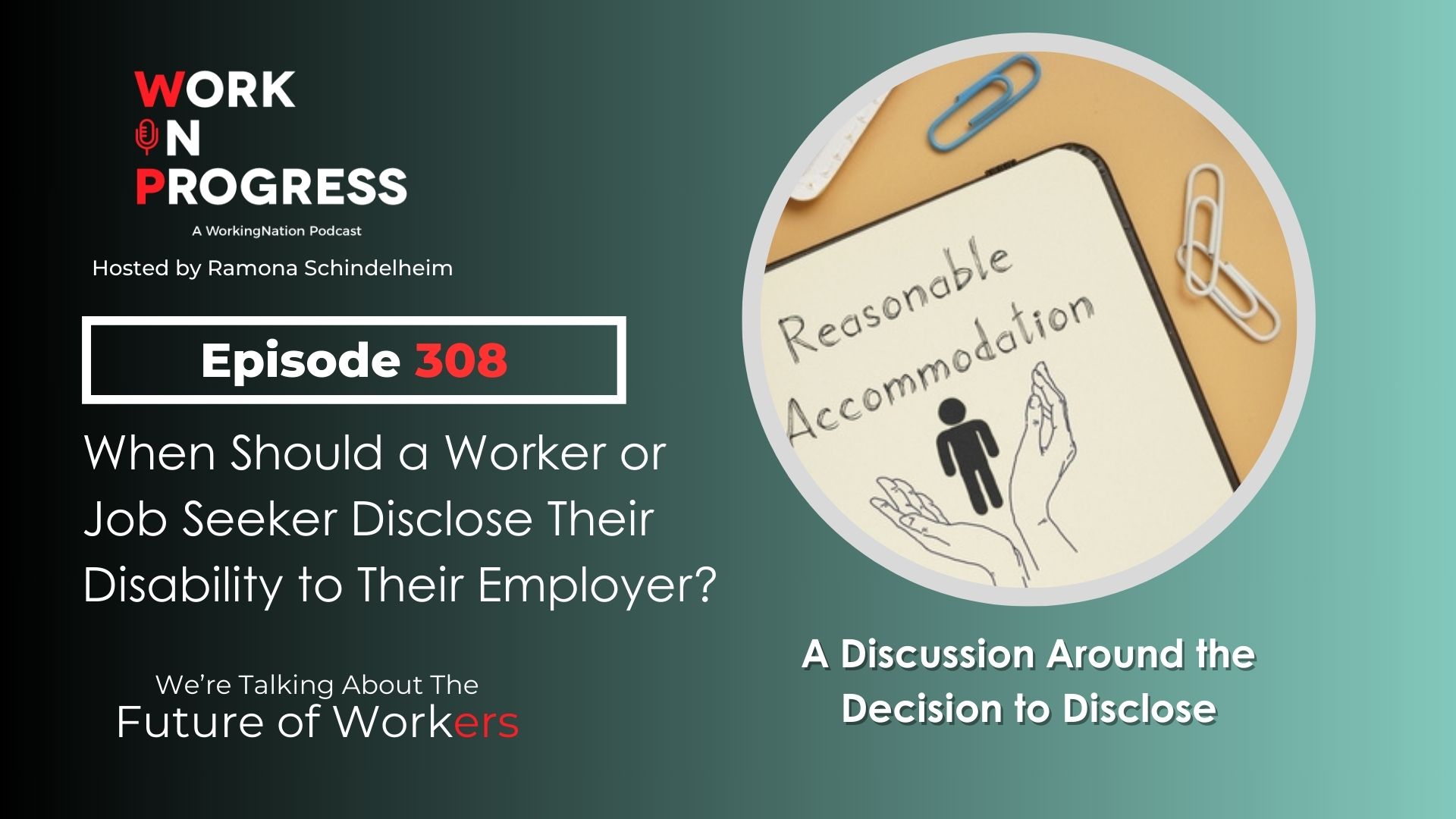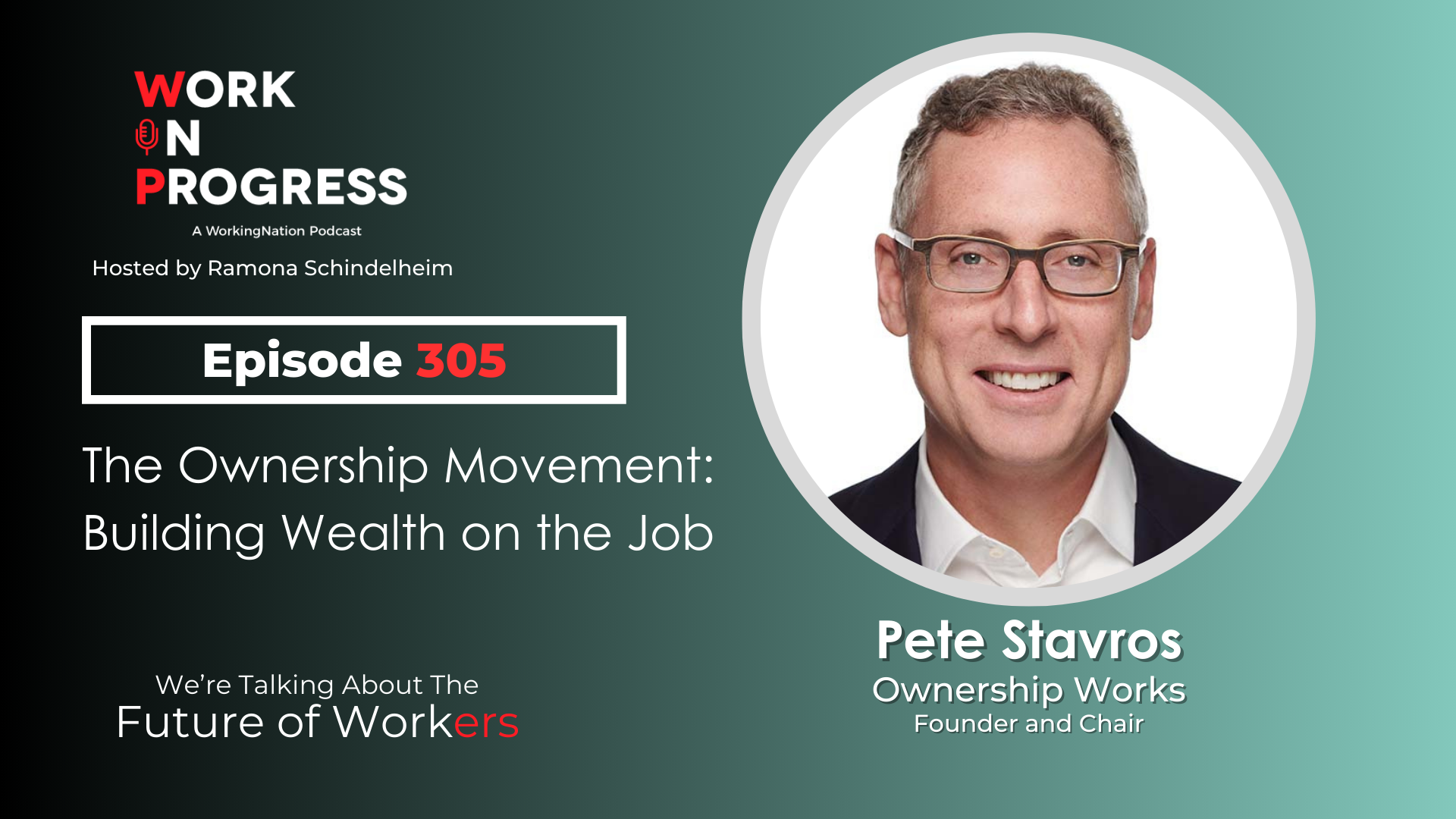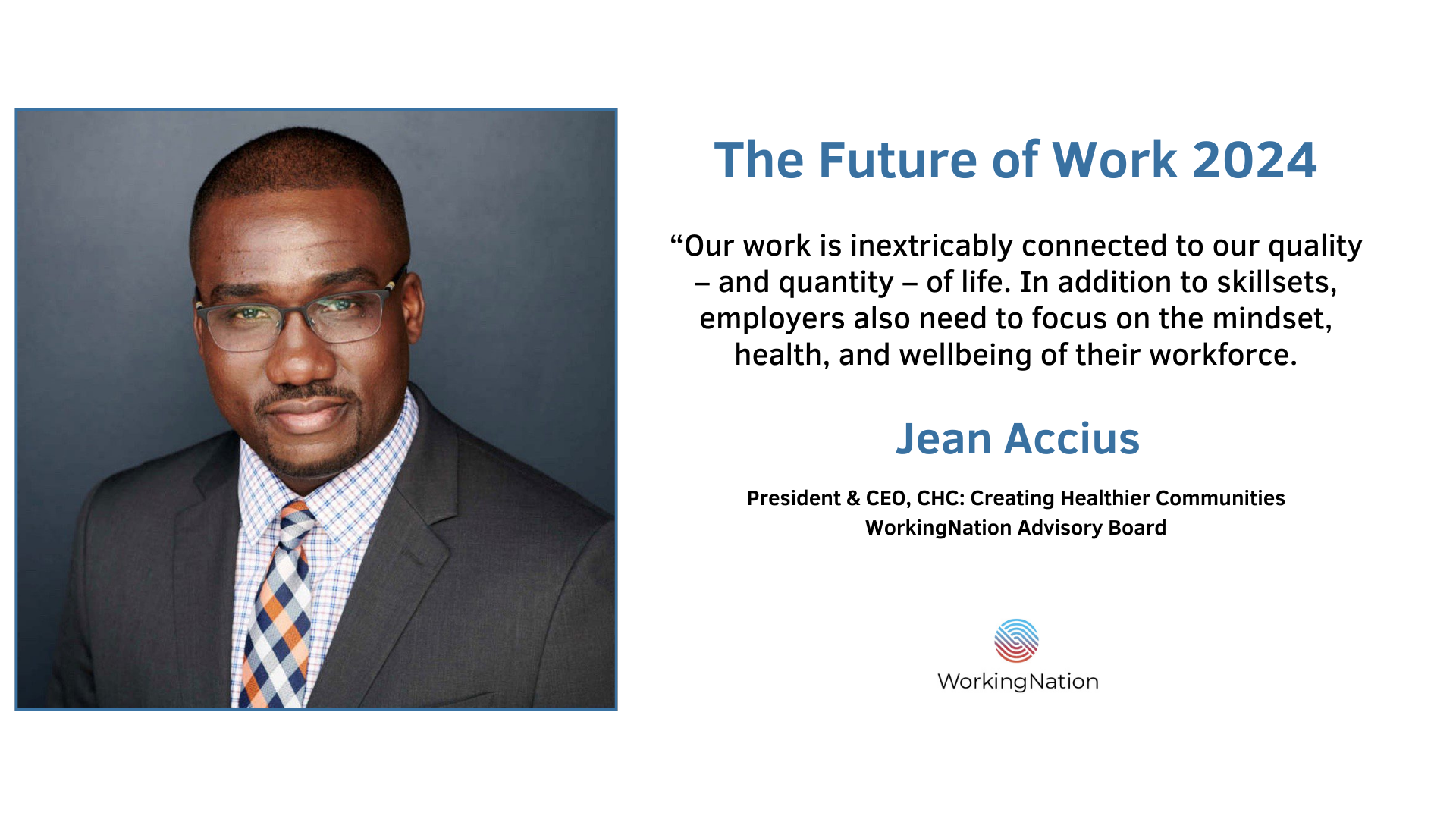
As I look around the world and at interactions between people, something I see less and less of is compassion. The reason for that is that there is a collective Fear of Compassion.
I don’t mean a fear of it when others have compassion for you; I mean the fear of feeling it and expressing it towards others.
Perhaps the following scenario will help you understand why:
At a networking event, two colleagues meet up for what should be a chance for small talk and maybe a lead. Bill asks Jim how he is doing, but Jim’s recent loss of a family member is causing him to react frankly. Bill is taken aback by Jim’s disclosure and Bill’s original intent, to network, is interrupted. Bill offers only simple platitudes while finding a way to move onto another conversation.
What’s my point?
Increasingly, everyone has an agenda — which is to try to sell or convince someone of something, or they become so involved in something that they have momentum and don’t take kindly to it being interrupted.
You see, having compassion means caring and caring means letting go of “What’s in it for me?” to be focused on where the other person is coming from. You run the risk of their sharing their pain which will make it difficult to cut them off and look for an exit.
You may think, “Hey I’m a sensitive person, but there is no room for caring in business because it gets in the way of getting things done. I’m not insensitive; I’m just not sensitive when I’m under the gun to get results.”
Many people will also say, “Hey I do have compassion and just show it in my personal life.”
RELATED: Why decision makers should care about the future of work
In an impatient world, have you also noticed that people are showing less compassion even in their personal lives? People are so wrapped up in their drama that they’d rather stare at their mobile devices in an anesthetized state rather than absorb the suffering of others.

Compassion in the workplace
So, is there a role for compassion in business? Should leaders be compassionate? Isn’t being authentic, respectful and following through on promises enough?
Well, being authentic, respectful and doing what you say you’ll do certainly beats being disingenuous, disrespectful and not doing what you say you’ll do.
However, stopping short of being compassionate — especially when a subordinate is going through a tough time — is a missed opportunity. Why?
When you are professional and respectful without being compassionate, you are treating that subordinate more like a function than a person.
However, when you are compassionate — and by that, we don’t mean going overboard with pity — that subordinate feels more like a person than a mere function. When you do that you will not only get gratitude, you have the chance to engender another quality that is becoming as rare as compassion: loyalty.
Leaders who see themselves as authentic, honest, genuine and respectful may push back when it comes to compassion because they fear that showing compassion will take them off focus. Or worse, compassion could communicate to a subordinate that they are off the hook for their regular work duties. (Yes, there are some subordinates who will believe that they are being let off the hook and will take advantage of this.)
The skill a leader can adopt when faced with such a situation where a subordinate is going through a difficult time is to ask themselves, “From what I know of this person, how likely are they to take advantage of the situation if I am compassionate versus being so grateful that they give me 100 percent effort and loyalty when they get through it?”
Indeed, be cautious with being too compassionate with someone that will take advantage of it, but on the other hand, don’t miss out on the opportunity in being that way with those good-natured but hurting employees. They will pay you back with their dedication to you and your company… not to mention share the story with others of how you treated them.
That can make you a legend.
Join the Conversation: What role should compassion play in the workplace? Tell us your stories on our Facebook page.
Dr. Mark Goulston is an award-winning business psychiatrist, a consultant for Fortune 500 companies and the best-selling author of seven books. His latest book, Talking to Crazy: How to Deal with Irrational and Irresponsible People in your Life can be found on Amazon. Catch up on Dr. Goulston’s previous articles here.
Connect with Dr. Goulston through Facebook, Twitter, or LinkedIn. His books are available on Amazon. Check out his videos on YouTube or take advantage of free resources available at www.markgoulston.com.











